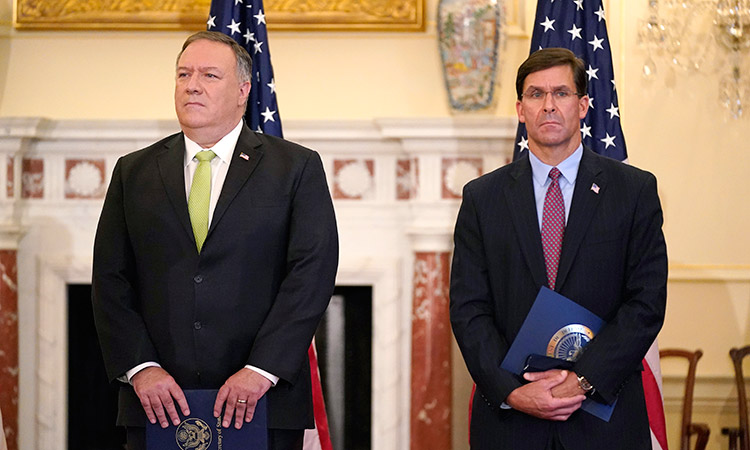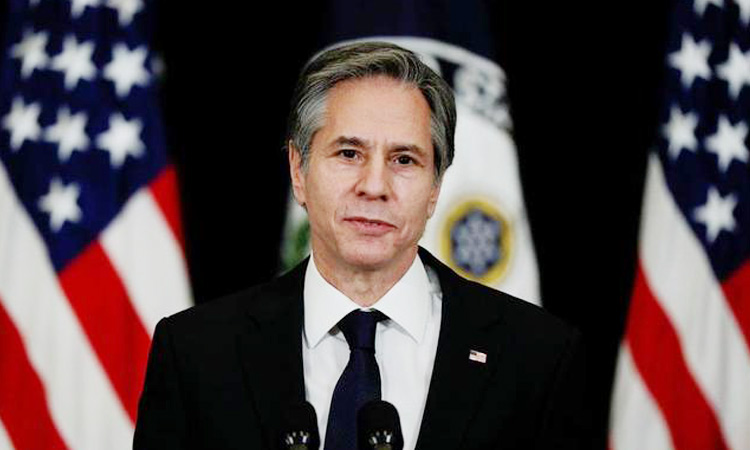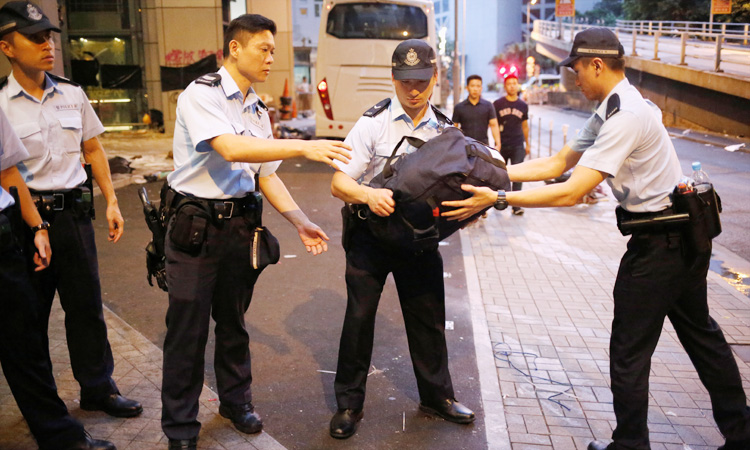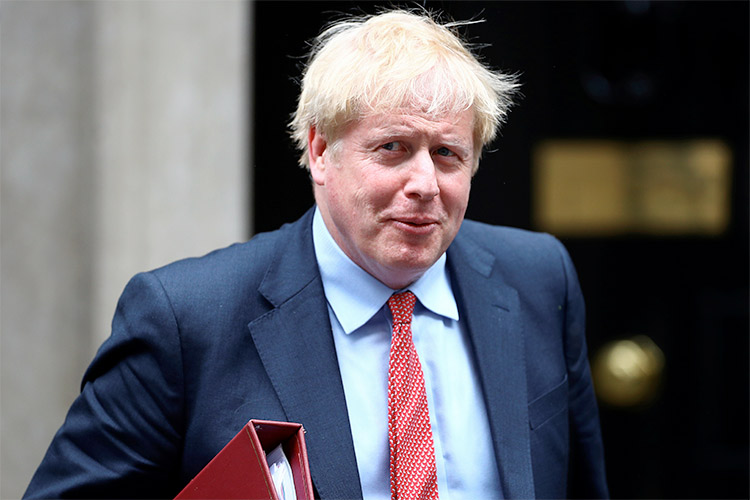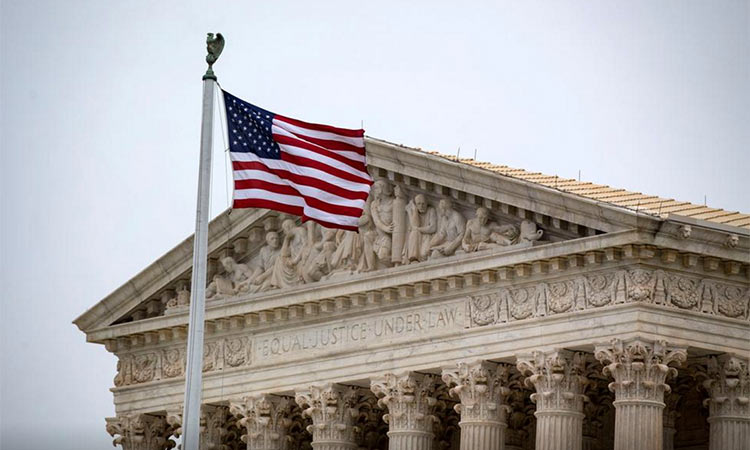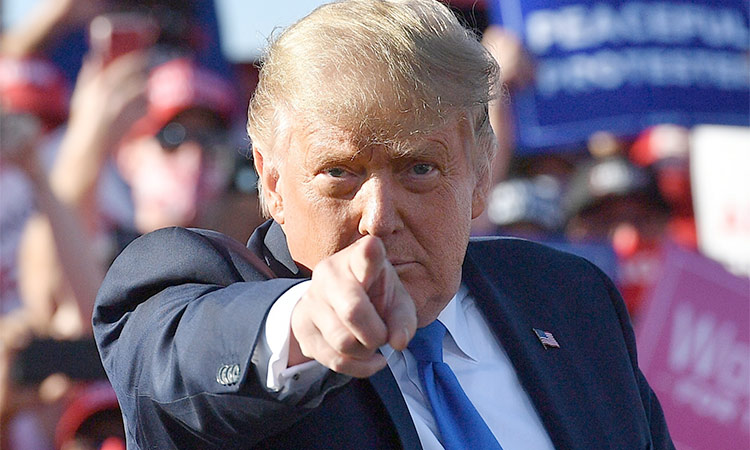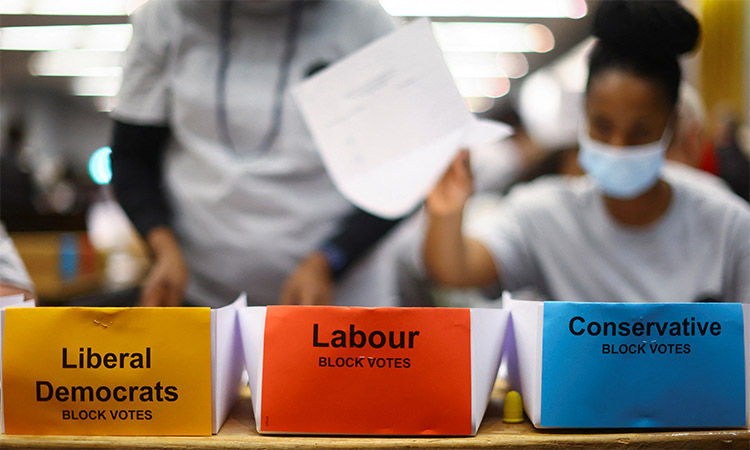Xi forms tough team to face global challenges
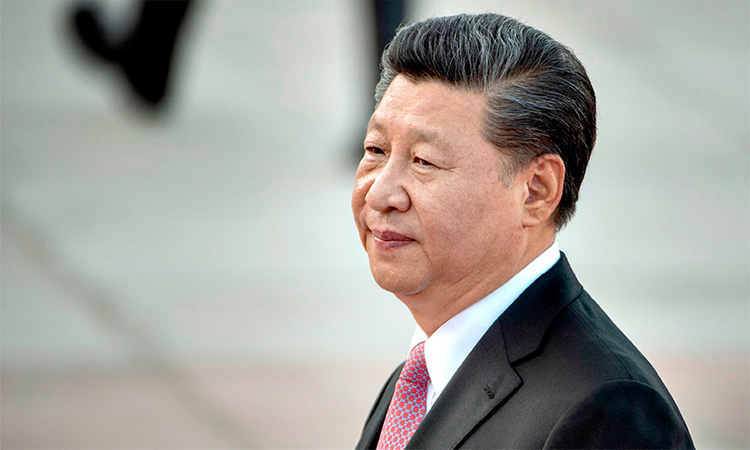
Xi Jinping
Critics have explained the continuance of Xi into the third term, the first time since Deng Xiaoping, who was at the helm from 1979 to 1992, followed by Jiang Zemin (1992-2002) and Hu Jintao (2002-12) with two terms each, as the return to the rule of one man as in the days of Mao Zedong. The profile of the new members, whom Xi introduced to the media on Sunday, is interesting to say the least.
The senior-most member is Li Qian, former party chief of Shanghai, the man who was tasked to implement the ‘zero-Covid’ rule in China’s largest city, and he was very unpopular because of this. Many of the leaders who rose to the top in China, have served in Shanghai like Jiang, Hu and Xi himself. Li is expected to become the prime minister in March 2023. Zhao Leji is the former chairman of the Central Commission for Discipline Inspection (CCDI), the anti-corruption agency.
One of Xi’s principal campaigns was against corruption. Zhao is expected to head the National People’s Congress, the Chinese parliament. Wan Huning is known as the ideology czar, and he is the man who has formulated Xi’s new doctrine of socialism with Chinese characteristics. Wan was also the ideological mandarin of Jiang and Hu as well. Cai Qi is the former Beijing party chief, and Ding Xuexiang is the chief of staff of Xi. Li Xi was the party chief of Guangdong, the province considered the economic powerhouse in China. It is clear that Xi has chosen people who are strong on ideology like Wan, people who can handle tough administrative issues like Li Qian, and Li Xi who can deal with economic activity. All of them are in their 60s, with the youngest, Ding, at 60.
Xi seems to be aware that he and his team have tough times ahead of them. He said, “The world is grappling with unprecedented challenges.” On the domestic front too, Xi faces tough challenges as the economy is struggling to regain its old growth momentum. And what he needs are clear ideas and firm action, and he has brought in a team that he expects to deliver in these matters. Xi is aware of that ideology is important in holding the CPC together, and in turn its control of the country. And he also needs people who can deliver results.
It is very important for the international community to know who Xi’s colleagues in the top tier are because it is they who will be articulating China’s views and acting upon them. There is speculation whether China under Xi would now become more aggressive, especially with regard to Taiwan. It seems that Xi is warning that he would not resort to force if things are not brought to a crisis.
The Americans, however, seem to feel that they have to take a tough, and even provocative, position with China to prevent Beijing from indulging in military adventurism. It seems that both China and America are adopting a tough stance to deter the other. But this brinkmanship can lead to unintended consequences.
It is, therefore, necessary for both the sides to be cautious in their toughness. The global economy is not doing well. And every one needs the other. Xi recognises this: “Just as China cannot develop in isolation from the world, the world needs China for its development.”
